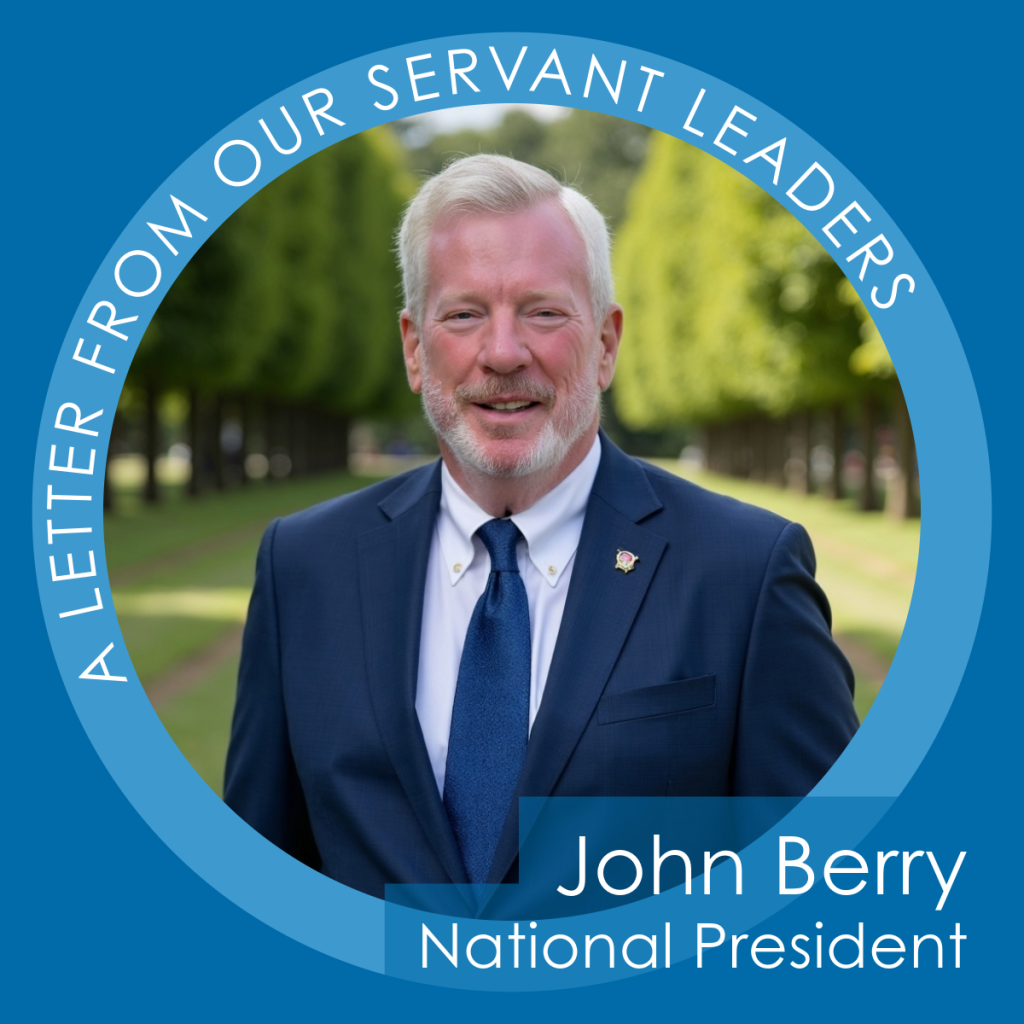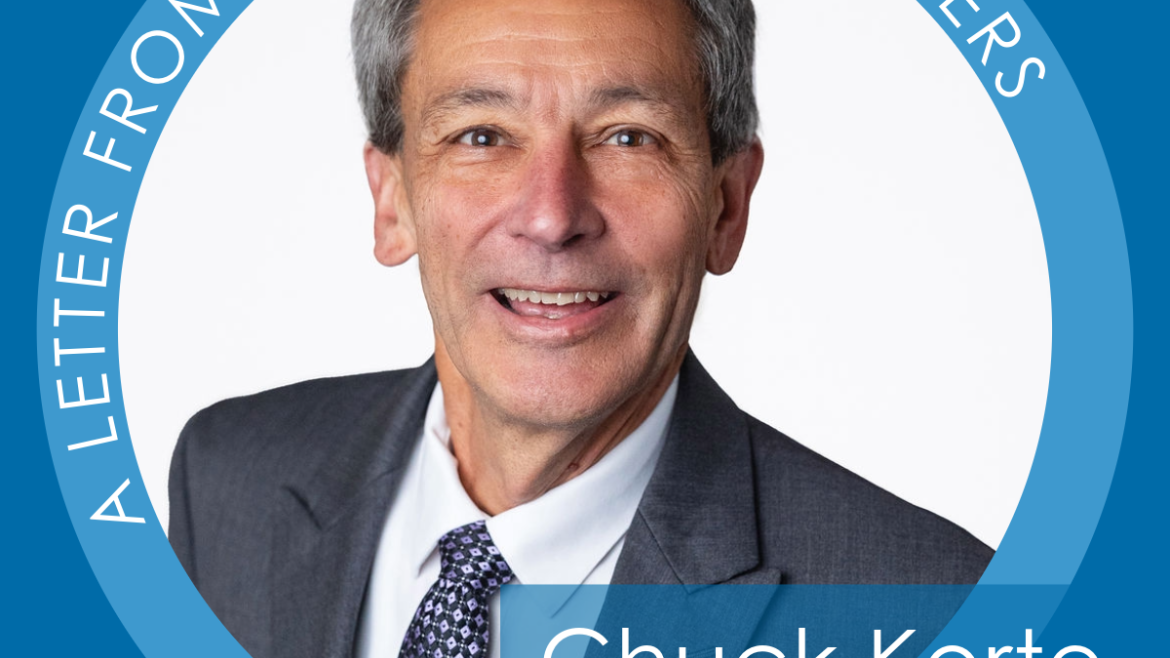
A Shepherd to the Poor: Remembering Pope Francis
In the passing of Pope Francis, the world has lost not only the Bishop of Rome but a tireless voice for the voiceless, a prophet of mercy, and a shepherd whose heart beat in time with the most forgotten of God’s children. For those of us who have dedicated our lives to serving the poor and marginalized through our vocation to the Society of St. Vincent de Paul, his life was a living gospel—both a challenge and a consolation.
From the moment he stepped out onto the balcony of St. Peter’s Basilica in 2013 and simply bowed his head, asking the people for their blessing before offering his own, it was clear we had a different kind of pope. He took the name “Francis,” after the humble saint of Assisi, and like that saint, he walked a path of radical simplicity, compassion, and solidarity with the poor.
He reminded us time and again that the Christian faith is not an abstraction. It is not a comfortable theory. It is a call to action — a call to love. And not the easy kind of love that stays within the boundaries of polite society, but the kind of love that stoops down to wash the feet of the homeless, that listens to the cries of the refugee, that welcomes the addict, the broken, the excluded.
In his World Day of the Poor messages, Pope Francis poured out his heart to those on the margins, and to those who serve them. In 2021, he wrote, “The poor, always and everywhere, evangelize us, because they enable us to discover in new ways the true face of the Father.” For those of us in this mission, we know the truth of those words. We have encountered Christ in the trembling hands of the hungry, in the eyes of a woman fleeing abuse, in the fragile hope of someone who has lost everything but still believes in grace.
Pope Francis was not content to merely speak about the poor — he went to them. He visited hospitals, refugee camps, prisons, and homeless shelters. He embraced lepers, kissed the feet of migrants, dined with the homeless. His actions said loudly what his words reinforced: “We are called to discover Christ in them, to lend our voice to their causes, but also to be their friends, to listen to them, to speak for them and to embrace the mysterious wisdom which God wishes to share with us through them.” (World Day of the Poor, 2017)
Francis taught that charity is not simply about giving — it is about relationship. About drawing near. About breaking down the barriers that divide “us” and “them.” He wrote, “The poor are not people ‘outside’ our communities, but brothers and sisters whose sufferings we should share, in an effort to alleviate their difficulties and marginalization.” (World Day of the Poor, 2020) That vision transformed the Church. It transformed each of us.
Many of us who serve, in our encounters at people’s homes, at shelters, at food pantries, and at recovery programs, saw in Pope Francis the embodiment of what we hope to be. His humility did not diminish his authority — it deepened it. His tenderness did not weaken his leadership — it defined it. He reminded us that the Church is most fully herself not when she stands in splendor, but when she kneels beside the wounded.
We loved Pope Francis not because he made our work easier, but because he made it holier. He called us to more. To see our volunteerism not as a duty, but as a Eucharistic act—a way of becoming bread broken and shared for others. He saw the poor not as a problem to solve, but as people to love. And he called on the whole Church to “go out to the peripheries,” where, he reminded us, Christ Himself is waiting.
In 2023, he wrote: “Where the poor are concerned, it is not talk that matters; what matters is rolling up our sleeves and putting our faith into practice through a direct involvement, one that cannot be delegated.” He never let us off the hook. And thank God he didn’t. Because of him, countless hearts were lit with a fire of compassion, and many who once looked away from the poor began to look into their eyes—and see Christ.
Now, as we mourn him, we also thank God for the gift of his life. We thank God for the man who reminded us that the smell of the sheep is a sweet fragrance to the Good Shepherd. That mercy is the greatest expression of justice. That to serve the poor is not just a noble option—it is the heart of the Gospel.
1 John says, “Let us love, not with words but with deeds.” And oh how he lived that love every day of his papacy. He loved with his presence, with his simplicity, with his unwavering focus on those the world forgets.
For those of us in the trenches of mercy, in the homes of those in need, in the food lines and the shelter dormitories, in the hospital rooms and dining rooms, we carry his legacy forward. We will go on loving, not with words, but with deeds. We will go on seeing Christ in the poor, and we will go on knowing that Pope Francis is still praying for us — from the heavenly peripheries — still urging us to keep walking, keep loving, keep serving.
May his memory bless the Church. May his vision animate our mission. And may we, like him, choose every day to live a faith that comforts the afflicted and afflicts the comfortable — until every tear is wiped away, and the poor are poor no more.
Peace and God’s blessings,
John




